How to claim Carer’s Allowance
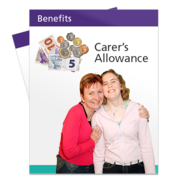
Carer’s Allowance is the name of a benefit that some people who care for someone can get.
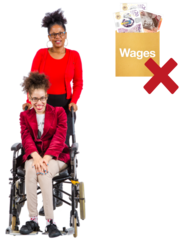
Carer’s Allowance is for people who do not get paid to care for the person.

To check if you could get this benefit read our Carer's Allowance page.
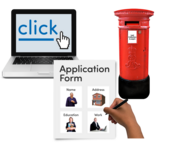
To ask for Carer's Allowance you need to apply online or by post.

This page tells you how to apply for Carer's Allowance.

If you need support or more information about Carer's Allowance contact the Learning Disability Helpline.
Step 1: Check if you are eligible for Carer’s Allowance
To get Carer’s Allowance you must:
- live in England, Scotland or Wales
- have been in England, Scotland or Wales for at least 2 of the last 3 years
- be 16 or over
- care for someone for 35 hours or more per week
You must not:
- earn more than £139 per week
- be in full-time
education
 Education is when you learn things. When you fill in a form to get a job, education means you write where you went to school, college or university.
Education is when you learn things. When you fill in a form to get a job, education means you write where you went to school, college or university.
- be studying for 21 hours per week or more
The person that you care for must get one of these benefits:
-
Personal Independence Payment
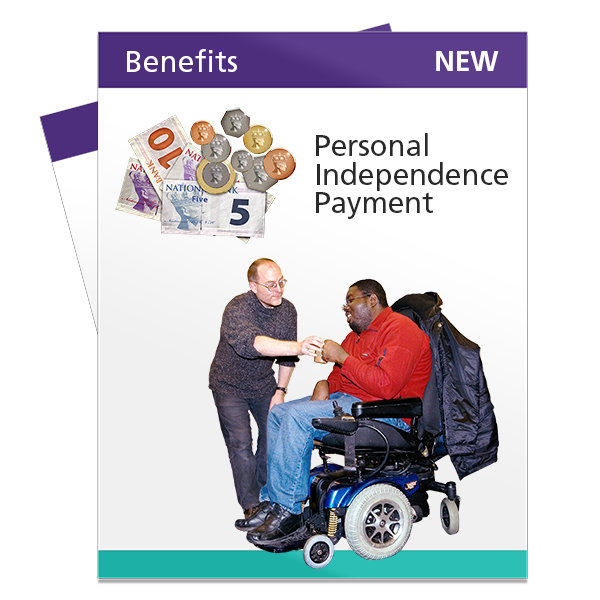 Personal Independence Payment (PIP) is the name of a benefit that some people with a disability or health condition get. The money is to pay for extra help you might need to look after yourself and to get around. Some people who used to get
Disability Living Allowance
Personal Independence Payment (PIP) is the name of a benefit that some people with a disability or health condition get. The money is to pay for extra help you might need to look after yourself and to get around. Some people who used to get
Disability Living Allowance
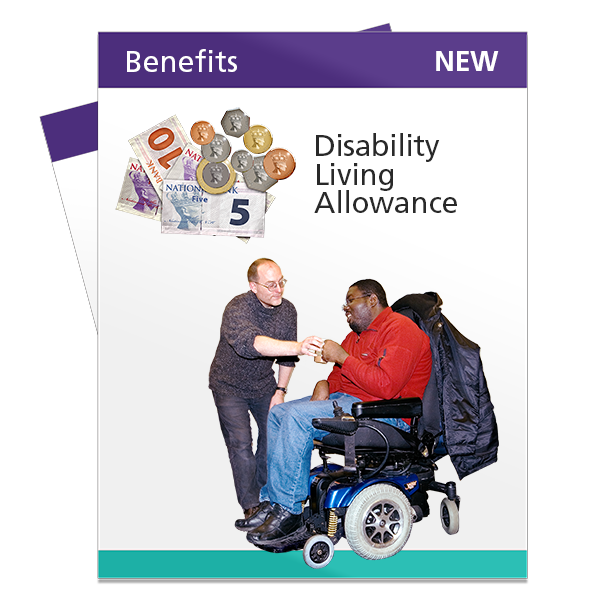 Disability Living Allowance (DLA) is the name of a benefit that some people with a disability get. The money is to pay for extra help you might need to look after yourself and to get around. Disability Living Allowance is being replaced by a benefit called Personal
Independence
Disability Living Allowance (DLA) is the name of a benefit that some people with a disability get. The money is to pay for extra help you might need to look after yourself and to get around. Disability Living Allowance is being replaced by a benefit called Personal
Independence
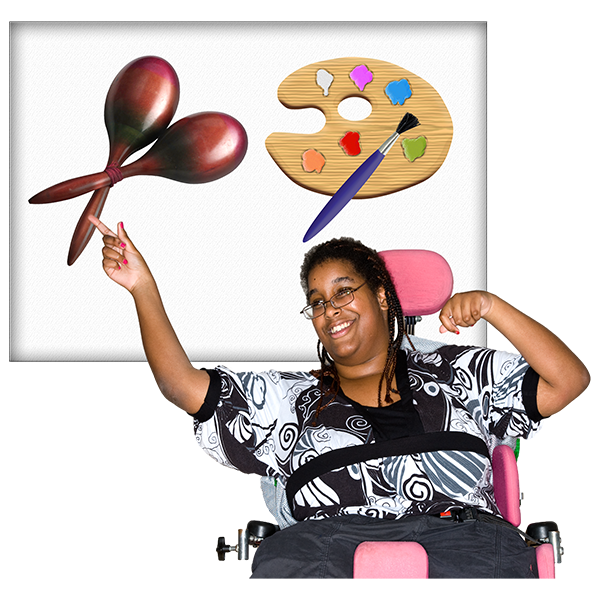 Independence means doing things on your own. Making your own choices.
Payment (PIP).
(DLA) now get PIP instead.
- daily living component
Independence means doing things on your own. Making your own choices.
Payment (PIP).
(DLA) now get PIP instead.
- daily living component - Disability Living Allowance - middle or highest care rate
- Attendance Allowance
- Constant Attendance Allowance at or above the normal
maximum
 Maximum means the highest amount, or greatest value that something can be.
rate with an Industrial Injuries Disablement Benefit
Maximum means the highest amount, or greatest value that something can be.
rate with an Industrial Injuries Disablement Benefit - Constant Attendance Allowance at the basic (full day) rate with a War Disablement
Pension
 A pension is money you get when you are older to pay for the things you need. You can pay money into your pension when you are working so there is more money for when you are older.
A pension is money you get when you are older to pay for the things you need. You can pay money into your pension when you are working so there is more money for when you are older.
- Armed Forces Independence Payment
You do not have to be related to, or live with, the person you care for.
Step 2: Make sure you have the right information to hand
You will need:
- your name, address and telephone number
- your date of birth
- your
National Insurance
 National Insurance is a type of
tax
National Insurance is a type of
tax
 Tax is the money that pays for things like schools, hospitals and the police. There are different types of taxes like
income tax
Tax is the money that pays for things like schools, hospitals and the police. There are different types of taxes like
income tax
 Income tax is the money that is taken out of the money you earn every month. It helps to pay for things we all need like hospitals and schools.
,
VAT
Income tax is the money that is taken out of the money you earn every month. It helps to pay for things we all need like hospitals and schools.
,
VAT
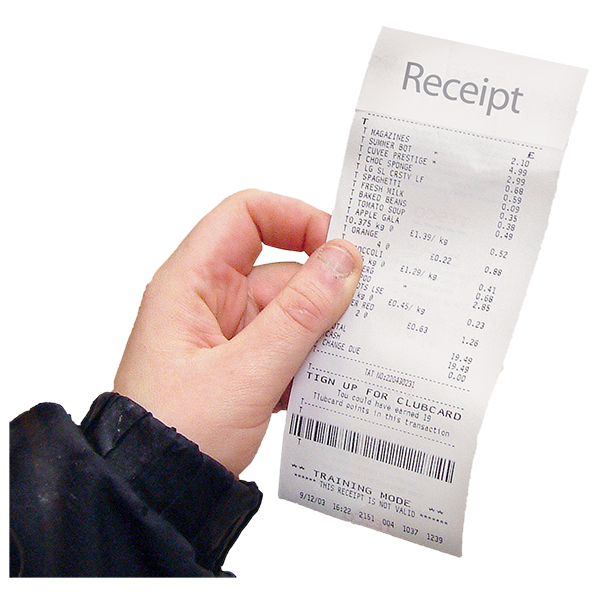 VAT is also called Value Added Tax. VAT is the extra money you pay when you buy things. The money goes to
the government
VAT is also called Value Added Tax. VAT is the extra money you pay when you buy things. The money goes to
the government
 The Government are the people who run the country. The Government decide how much tax people should pay and how things like the National Health Service (NHS) should work.
to pay for things like schools and hospitals.
and
council tax
The Government are the people who run the country. The Government decide how much tax people should pay and how things like the National Health Service (NHS) should work.
to pay for things like schools and hospitals.
and
council tax
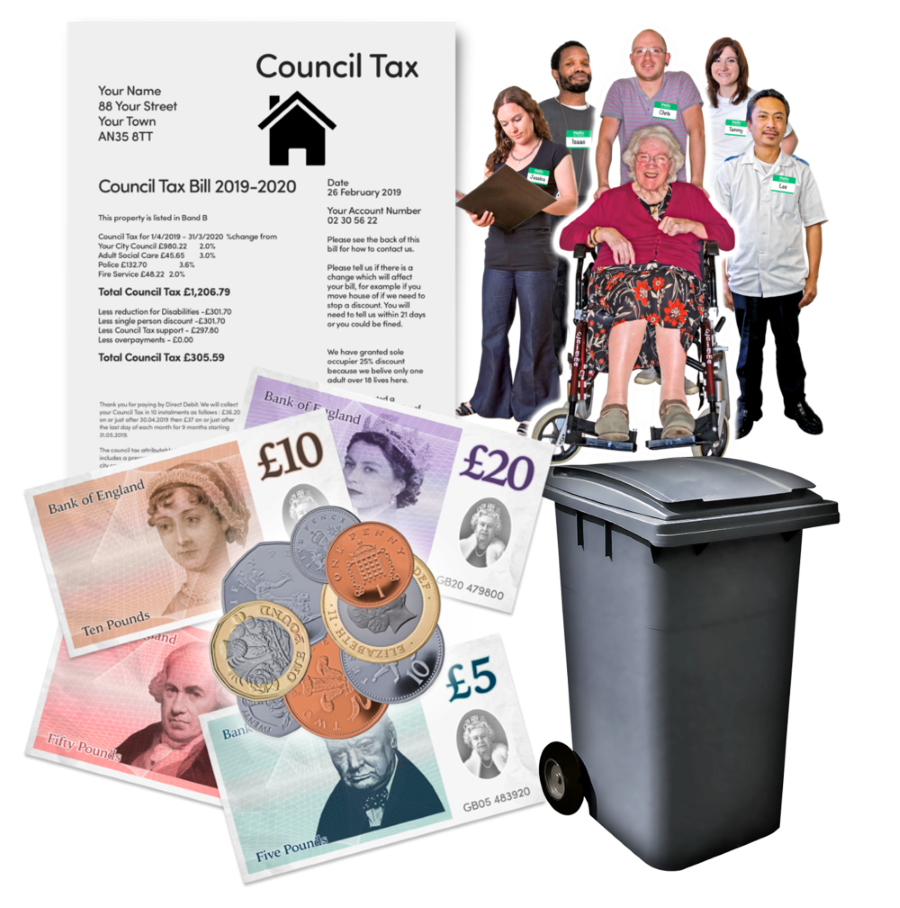 Council
Council
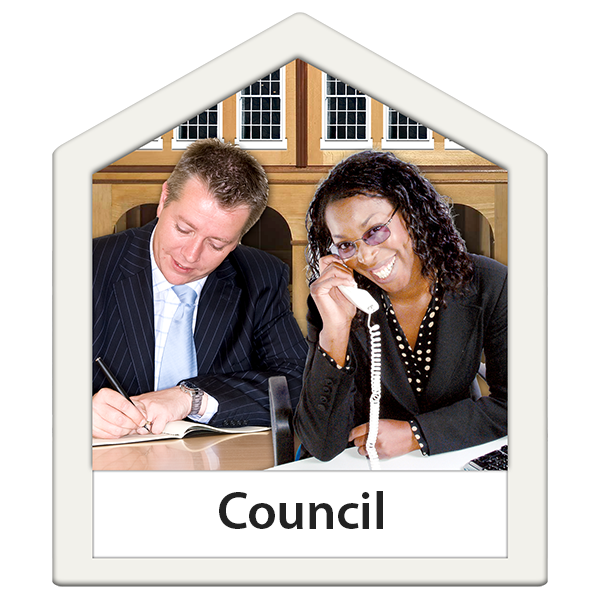 A council is also called a
local authority
A council is also called a
local authority
 A local authority is also called a council. They are a group of people who make decisions about some of the things in the area where you live like schools,
social care
A local authority is also called a council. They are a group of people who make decisions about some of the things in the area where you live like schools,
social care
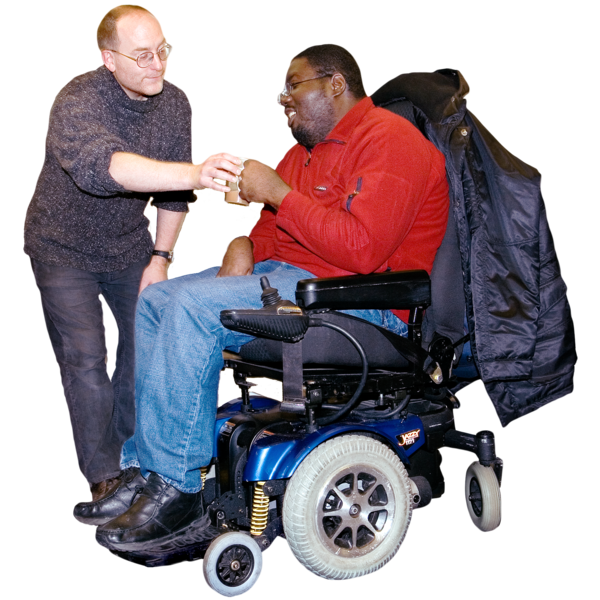 Social care means the services that give care and support to people who need it.
(support for people), parks and dustbin collection.
. They are a group of people who make decisions about some of the things in the area where you live. These include: schools, social care (support for people), parks and dustbin collection.
Tax is the money that people pay to the
council
Social care means the services that give care and support to people who need it.
(support for people), parks and dustbin collection.
. They are a group of people who make decisions about some of the things in the area where you live. These include: schools, social care (support for people), parks and dustbin collection.
Tax is the money that people pay to the
council
 A council is also called a
local authority
A council is also called a
local authority
 A local authority is also called a council. They are a group of people who make decisions about some of the things in the area where you live like schools,
social care
A local authority is also called a council. They are a group of people who make decisions about some of the things in the area where you live like schools,
social care
 Social care means the services that give care and support to people who need it.
(support for people), parks and dustbin collection.
. They are a group of people who make decisions about some of the things in the area where you live. These include: schools, social care (support for people), parks and dustbin collection.
. It helps to pay for things like social care (support for people), parks and dustbin collection.
.
. It is money that is taken out of the money you earn each month. You pay National Insurance so that you can get a pension when you are older.
number, if you have one (you can find this on letters about tax, pensions and benefits) If you have a partner you will need their National Insurance number too.
Social care means the services that give care and support to people who need it.
(support for people), parks and dustbin collection.
. They are a group of people who make decisions about some of the things in the area where you live. These include: schools, social care (support for people), parks and dustbin collection.
. It helps to pay for things like social care (support for people), parks and dustbin collection.
.
. It is money that is taken out of the money you earn each month. You pay National Insurance so that you can get a pension when you are older.
number, if you have one (you can find this on letters about tax, pensions and benefits) If you have a partner you will need their National Insurance number too. - your bank or building society account number and sort code (unless you get your State Pension)
- your
employment
 Employment means having a job.
details and latest
payslip
Employment means having a job.
details and latest
payslip
 A payslip is a document that shows how much you have been paid and how much money was taken off to pay your taxes.
if you’re working
A payslip is a document that shows how much you have been paid and how much money was taken off to pay your taxes.
if you’re working - your
P45
 A P45 is a form you get from your employer when you stop working for them.
if you’ve recently finished work
A P45 is a form you get from your employer when you stop working for them.
if you’ve recently finished work - your course details if you’re studying
- details of any expenses, for example pension contributions or the cost of caring for your children or the disabled person while you’re at work
You also need details of the person you care for. You will need their:
- name and address
- date of birth
- National Insurance number if they’re 16 or over
- Disability Living Allowance reference if they’re under 16
Step 3: Get someone to help you if you want
If you want some help to apply for Carer’s Allowance, you can:
- ask someone you trust to help you
- ask a local
organisation
 An organisation are a group of people who work together.
who helps people with their benefits
An organisation are a group of people who work together.
who helps people with their benefits
Step 4: Fill in the Carer’s Allowance application form
If you claim Carer’s Allowance, it may affect some of your other benefits or some of the benefits of the person you care for. You can choose to be paid Carer's Allowance weekly or every 4 weeks.
You can backdate your claim by up to 3 months.
You can apply for Carer’s Allowance online or by post.
Online:
You can apply online on the government’s website.
By post:
If you want to apply by post, you can find the Carer’s Allowance forms on the government’s website, or contact the Carer’s Allowance Unit to ask for a form by:
- Phone: 0800 731 0297
- Textphone: 0800 731 0317
- Relay UK: 18001 then 0800 731 0297
Relay UK helps people who can not hear or speak on the phone.
The Carer's allowance Unit is open Monday to Friday 8.00 – 6.00
If you download the form from the government’s
website
 A website is a page you can go to on the internet like Google or YouTube.
, check that you have the correct one. There is a separate claim form if you get a State Pension.
A website is a page you can go to on the internet like Google or YouTube.
, check that you have the correct one. There is a separate claim form if you get a State Pension.
Once you have downloaded your form, you can either print it out and fill it in with a black pen, or you can fill in the form digitally and then print it out. You can only complete the form on a laptop or desktop computer. You can not complete the form using a mobile phone or tablet.
If you can, take a copy or pictures of the completed form before you send it to the DWP.
If you received a paper form from the DWP, you can use the envelope which came with the
application form
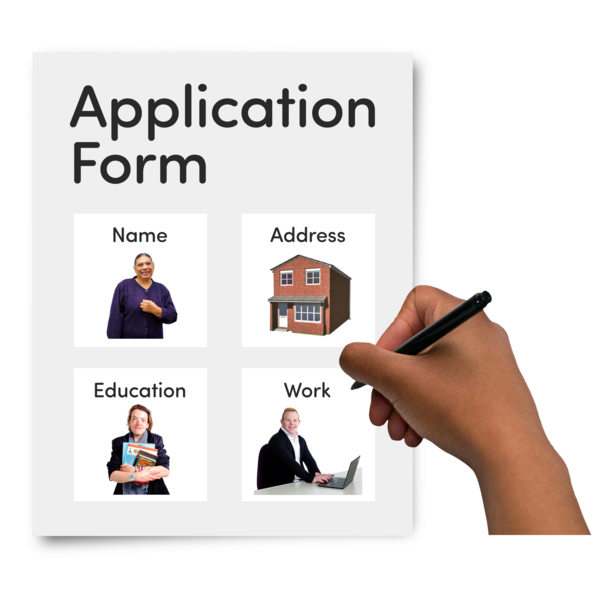 An application form is a form you have to fill in to try to get something.
to return it. Or send it to:
An application form is a form you have to fill in to try to get something.
to return it. Or send it to:
Carers Allowance Unit
Mail Handling Site A
Wolverhampton
WV98 2AB
Step 5:
You will be told whether your claim for Carer's Allowance has been successful.
If your Carer's Allowance application is successful, the money will be paid into the bank, building society or credit union account you provided in your application.
Carer's Allowance is usually paid on a Monday.
Step 6: Unsuccessful Carer's Allowance applications
If your application for Carer’s Allowance is unsuccessful or you are unhappy with the outcome, you should contact the Department of Work and Pensions (DWP) within one month of the date of decision to request a
mandatory
 Mandatory means that something must be done.
reconsideration.
Mandatory means that something must be done.
reconsideration.
You can ask for a mandatory reconsideration over the phone, but we recommend that you do it in writing, so you have a record of your request. If you need more time, contact the DWP and ask for an extension.
If your mandatory reconsideration is unsuccessful, you have one month from the date of the mandatory reconsideration decision letter to
appeal
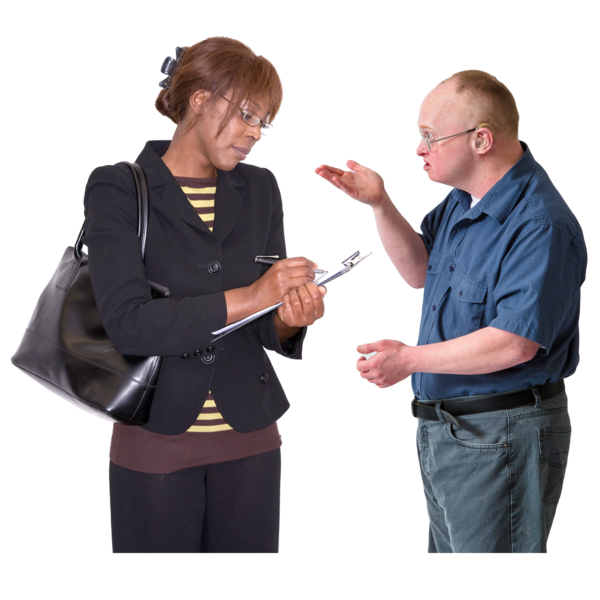 To appeal means saying you want someone to think about a decision again.
the decision. The appeal will be looked at by an independent tribunal.
To appeal means saying you want someone to think about a decision again.
the decision. The appeal will be looked at by an independent tribunal.
Visit the government’s website for more information if you want to ask for a mandatory reconsideration or request an appeal.
Frequently asked questions
What tasks count as caring?
A variety of tasks can count as caring – it depends on the needs of the person you are caring for. As a carer you might help someone with:
- personal tasks like washing, getting dressed or eating
- practical tasks like shopping, cooking or housework
- managing money or attending appointments
- emotional support and reassurance
- accessing groups in the
community
 A community is the people and places in an area.
or maintaining friendships and
relationships
A community is the people and places in an area.
or maintaining friendships and
relationships
 Relationships are about the people in your life. You might have different types of relationships like friendships, family relationships, or a boyfriend or girlfriend.
Relationships are about the people in your life. You might have different types of relationships like friendships, family relationships, or a boyfriend or girlfriend.
I care for more than one person. Can I claim Carer’s Allowance for both of them?
No. You can only claim Carer’s Allowance for looking after one person.
Someone else also cares for the person I care for. Can we both claim Carer’s Allowance?
No, only one of you can be paid Carer’s Allowance or the carer’s element of Universal Credit for the person.
If I claim Carer’s Allowance, will the person I provide care to have their income/benefits reduced?
Carer’s Allowance can affect the other benefits that both you and the person you care for get.
When you get Carer’s Allowance, the person you care for will usually stop getting:
- a severe disability premium paid with their benefits
- an extra amount for severe disability paid with Pension Credit.
You can check if their severe disability payment will stop by contacting whoever pays this benefit.
They might also stop getting reduced Council Tax. Contact their local council to find out if this affects them.
If I go away on holiday, can I still be paid Carer’s Allowance?
You can still get Carer’s Allowance if you temporarily stop providing care. This means any period when you spend less than 35 hours a week caring for the other person.
The person you care for must still receive their disability benefit.
You must tell DWP if you temporarily stop providing care and:
- you, or the person you care for, will be in hospital, a nursing home, or
respite
 Respite is when a person goes somewhere for a few hours or days to have a break. People with a
learning disability
Respite is when a person goes somewhere for a few hours or days to have a break. People with a
learning disability
 A learning disability is to do with the way someone's brain works. It makes it harder for someone to learn, understand or do things.
can have respite from their carers and family, and carers and family can have respite from the people they care for.
care for more than 12 weeks
A learning disability is to do with the way someone's brain works. It makes it harder for someone to learn, understand or do things.
can have respite from their carers and family, and carers and family can have respite from the people they care for.
care for more than 12 weeks - you stop caring for more than 28 days for any other reason.
If the person I care for goes away for a few days or goes into hospital, can I still be paid Carer’s Allowance?
You can still get Carer’s Allowance if you temporarily stop providing care. This means any period when you spend less than 35 hours a week caring for the other person.
The person you care for must still receive their disability benefit.
You must tell DWP if you temporarily stop providing care and:
- you or the person you care for will be in hospital, a nursing home, or respite care for more than 12 weeks
- you stop caring for more than 28 days for any other reason.
The information on this page is for
guidance
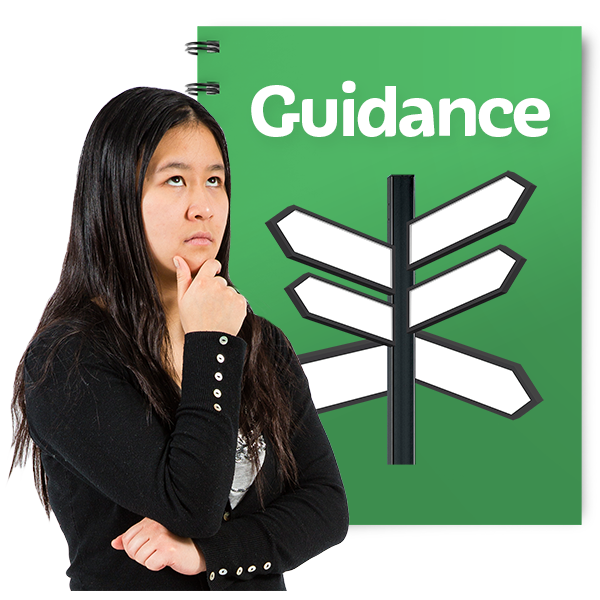 Guidance means being given clear instructions to be able to do something well.
only. Mencap hold no responsibility for DWP processes, timescales, decisions, and service.
Guidance means being given clear instructions to be able to do something well.
only. Mencap hold no responsibility for DWP processes, timescales, decisions, and service.

